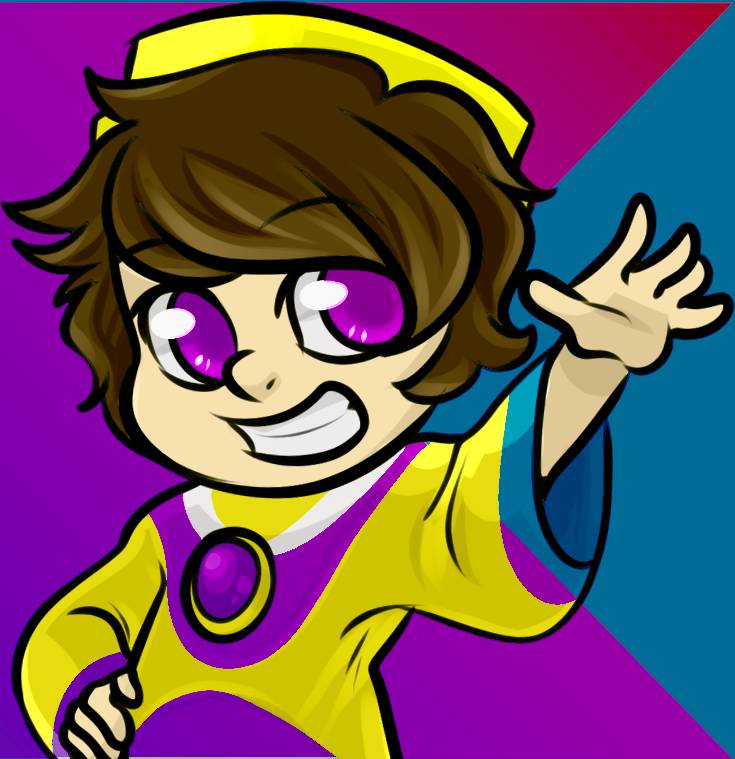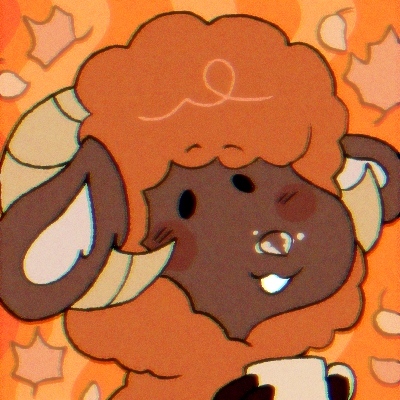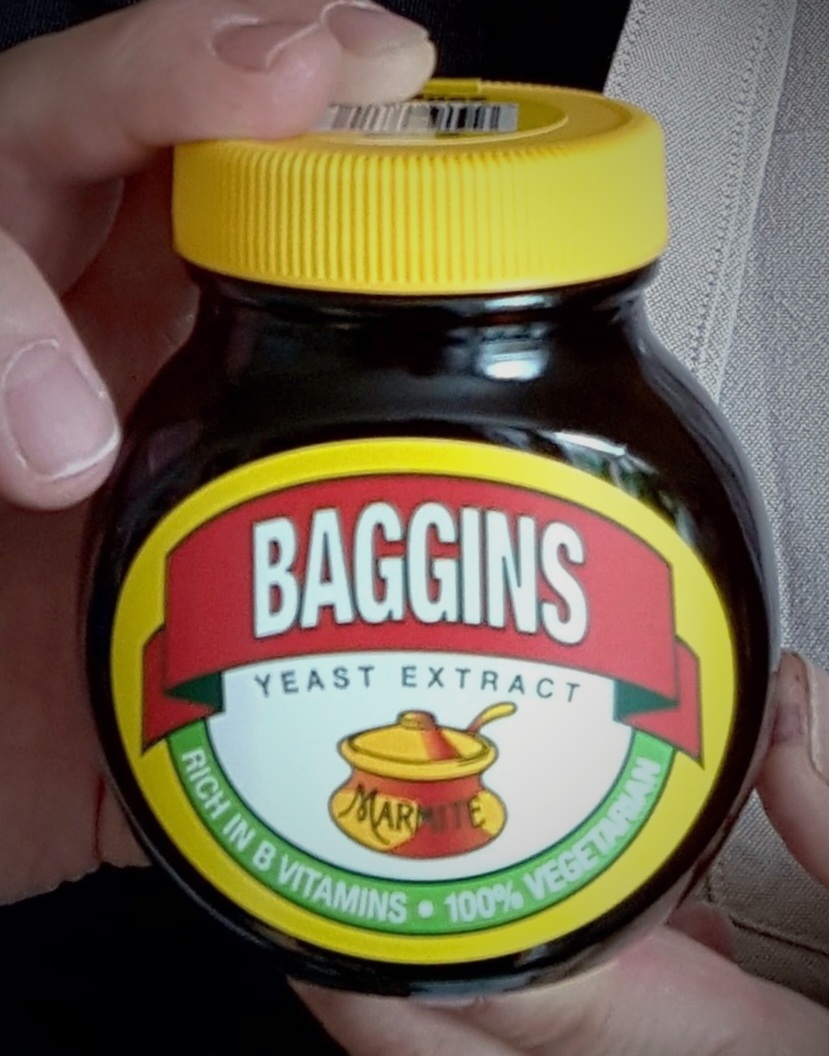In the thumbnail is the Tiananmen Square Tank Man.
Are you claiming a globally televised event which lead to a complete breakdown of trade relations across the world in the 90s, didn’t happen?
No, they’re saying it would be really easy now to create a fake image that would have in the past had that level of impact.
Or alternatively, to alter images to minimize the impact of events that should be world-changing, by calling their authenticity into question.
I don’t see how that would make a difference from pre-AI? It’s just bad actors doing their best to upset the world. They will make use of all and every tool they can to help them reach their goals, no matter the consequences. That has been true since the dawn of humanity and will be true until it’s fall next week.
Oh, of course, it’s just their tools have gotten much better. You could have said what you just did about the internet too, and it’d also be correct, but it definitely had a big impact.
it’s faster. the fakes can get out there at virtually the same time as the “real” images. any story that may have built is already in dispute before it became a thing. and whimpers away. before if it took a day to get a convincing fake out people would be suspicious
Present it
Fair, I should have said “for a bad actor”, of which I am not. I haven’t experience with the tools they’d use.
Removed by mod
They murdered thousands of people in cities across China. Footage and imagery are very easily accessible all over the internet, and you’re also arguing that there was no trade degredation between China and other nations after 1989?
Removed by mod
OK.
CW: lots of blood and photos of dead folks
https://rarehistoricalphotos.com/tiananmen-square-protests-in-pictures/
The cause being what?
@Gaywallet I have a couple thoughts on this:
-
This seems like a way that device attestation could worm its way further into our devices. Right now Google is trying to watermark AI-generated photos as AI, but you could easily go the other way - if a photo hasn’t been manipulated, it’s signed with a key that is locked down to device attestation. What, your phone is rooted? That’s kinda suspicious - how am I supposed to know your photos are real?
-
Short of that, though, I suspect that the most likely consequence of this is the videos will start being increasingly seen as necessary for true proof, since those are harder to fake - for now, at least. And of course, there will be a lot more misinformation on the internet, especially in the short term while awareness of this catches up.
-
Our basic assumptions about photos capturing reality
Your assumption, not our. I thought its an old topic. Also what does reality even mean? What we see is the reality? Does this mean animals don’t see the reality, because they see it differently? I see this article is about AI, but even then we had image editing even before digital and computing ages. Images were photoshopped before computer in Darkrooms. But that’s not all. The entire process of capturing an image itself can’t capture the “reality”, only an interpretation (such as eyes do).
Every photographer knows (or should) that photography is not always about capturing reality; its art. The framing of the image, meaning only a part can be seen, is an artistic choice. The shutter speed is an artistic choice. The depth of field of the lens, the zoom of the lens are artistic choices. What part of the image will get the focus?
The cameras setting for ISO, meaning the sensitivity of light is also an artistic choice. The placement of light to get a specific effect or even a camera flash to get certain amount of light and maybe freeze a frame that would be impossible to see otherwise. And the choice of white balance affecting the coloring. Camera sensors can’t capture the entire spectrum of light or the complete dynamic range we can see with our eyes. That means there is compromise at this level too.
I’m not done yet. The camera doesn’t capture an image as we know, such as JPEG. The raw format of a camera is not processed yet (but it has some processing builtin, just not too much). Meaning the image is very blurry and pixelated when converted to pixel format we can see. It has to be sharpened to make photos look as we know. Either automatically when saving as JPEG or later with a software that can handle RAW image formats of the camera. That is all an artistic choice.
photoshopped before computer in Darkrooms. >
I hope you mean edited. And I hope you realise the tools used in Photoshop are named after their original darkroom processes.
Yes, and yes. I just used the term “photoshopped” as I found it funny in this context. As in “the ancient greeks googled in their libraries” or something like that.
The ancient Greeks used Duck Duck Go.
Those examples are so bad. You do not need AI to do any of those. That’s just cut and paste.
Hell, we have had fake reality video overlays that are better than that on our phones for over a decade.
Why did that stupid girl lined up her cocaine on the carpet? :D
😂
I don’t think many people would go so far as to consider photographs “the linchpin of social consensus” but even so, many of the assumptions we tend to make about them have always been false ones. I’ve seen things in real life that later featured on the front page of newspapers. The difference can be more stark than is often appreciated. Like any powerful medium of expression they can capture truth or they can obscure it.
Reality is about to get all melty and people are gonna have six fingers.









